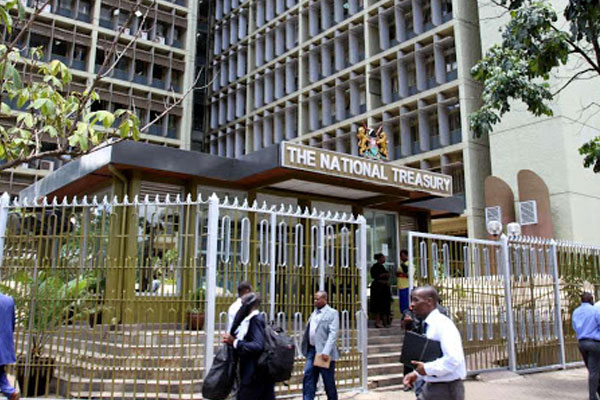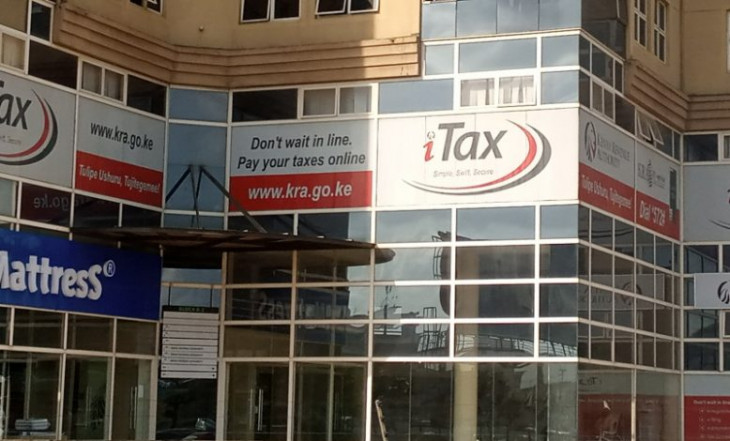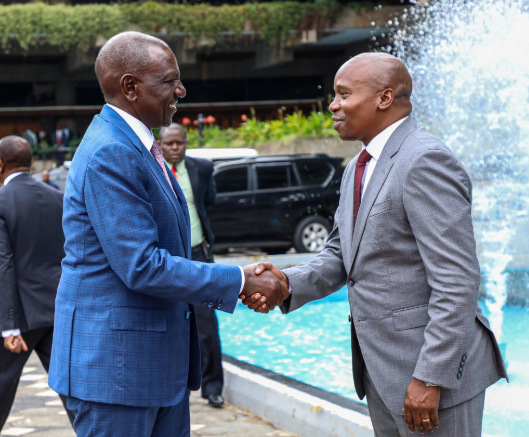Why Treasury is under pressure to tax poor businesses

As a basic principle, policy makers at the National Treasury ought to make it their priority, to advise parliamentarians against passing laws that are likely to hurt businesses.
This should go without saying, but it would appear that there was an omission with regard to the law on Minimum Tax, which, curiously, was seeking to tax revenues of small businesses rather than their profits.
The world over, taxes are charged on capital gains regardless of the way in which these are accrued.
If a business owner invests money in production, that money is not taxed. It is a capital investment.
Similarly, revenue generated from that production is not subject to taxation because in business, revenue is not income.
It is possible for a business to have revenue but still make losses; that is why revenues are not taxed.
As a rule, however, any profit earned from a business venture is subject to taxation unless that business is shielded by law for whatever reason.
That is why Parliament’s move to pass a law taxing revenues of small businesses is flummoxing.
From its outset, such a law invites business owners to challenge it. This is why bar owners and the Kenya Association of Manufacturers went to court to challenge the Minimum Tax law.
Incidentally, a Machakos court suspended its implementation earlier in this week, just days before Kenya Revenue Authority (KRA) was due to collect the first installment.
It would appear that government agencies have challenges distinguishing revenue from profit.
When he was being interviewed for the position of Chief Justice earlier this week, Fred Ngatia said he was involved in a dispute with KRA because it was seeking to collect taxes on money that his law firm was holding for a client.
Incidentally, he said, he had paid taxes on the interest that money had earned after it was left in a fixed deposit account.
He asked Caesar to collect only what was due to him. This sounded simple and straightforward, so why is there a dispute?
Without prosecuting the merits or demerits of the manufacturers’ and bar owners’ cases, it is imperative to mention that those charged with formulating ways for government to raise tax revenue ought to get their policies right from inception.
This way, execution becomes easier and acceptable both in law and in the court of public opinion.
Kenyan laws – and how they are interpreted by courts – have become increasingly progressive, implying that government agencies should awaken to this reality and act accordingly at all times to avoid pain points for themselves and taxpayers.
What, for instance, will happen to those appointed as Chief Administrative Secretaries (CAS)? Will they be required to pay back the money they earned as salaries and allowances?
Who will compensate taxpayers for the money these officers have spent in the line of duty should government fails to win the appeal?
Two issues come to mind with regard to the Minimum Tax law and appointment of CASs.
First, it is important for government officers to act prudently in allocating public resources.
Part of the problem leading Treasury to tax revenues of small and poor businesses has to do with government’s growing need for revenue to pay off loans and meet its other obligations.
Yet, these businesses pay for permits – themselves a form of taxation – and also pay for VAT whenever they buy inputs such as raw materials and electricity.
Now, starting July 1, manufacturers who use gas in their production processes will also start paying VAT on gas.
The same manufacturers will be required to pay the Minimum Tax or Corporate Tax, whichever is higher.
Yet, for the last four years, government has been paying and funding CASs whose positions have been declared unlawful.
Second, government ought to reduce its appetite for both borrowing and spending on infrastructure because this is what has gotten us to a point of taxing revenue.
It is commendable that infrastructure projects like Nairobi’s Expressway are coming up every day. However, these should not leave Treasury without disposable income.
The pressure to pay off loans has squeezed government revenue considerably, but this could have been avoided with more prudent planning, budgeting and spending.
Finally, even the legal aspects of the Minimum Tax notwithstanding, many businesses are hurting because of the lockdown measures put in place to fight Covid-19.
Slapping struggling businesses with additional taxes – over and above what they pay traditionally – sends a bad message to tax payers who are actually expecting reliefs. — The writer is a partner and head of content at House of Romford —[email protected]












